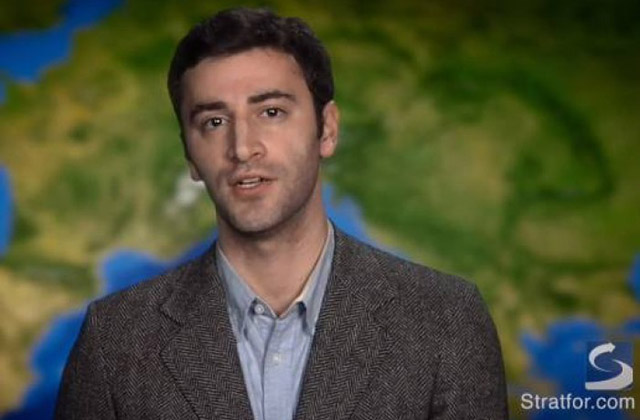Russia is Likely to Remain a Primary Player in the Karabakh Conflict: Stratfor Senior Analyst

Interview with Eugene Chausovsky, Stratfor Senior Eurasia Analyst.
After the April four-day war for the first time due to the efforts of OSCE MG the meeting of the presidents of Armenia and Azerbaijan was held in Vienna, statement of which prompts that the sides agreed on installation of investigative mechanisms. How do you assess the results of the meeting? In your opinion, how stable are they under current geo-political developments and the trust deficit between Armenia and Azerbaijan on one side and Russia-The West on the other?
The meeting was notable from a political perspective, in that the Armenian and Azerbaijani presidents met with each other for the first time since the military escalation in April. However, little in terms of meaningful agreements were reached, as can be seen in the continued ceasefire violations that have occurred on the line of contact immediately after and since the meeting. It is notable that ceasefire violations have decreased, but their continuation shows that a broader settlement has so far remained elusive.
After the April war, as Russian media outlets were reporting, the Russian party was planning a presidential meeting which failed, however, the meeting was launched in Vienna. Russia seemingly has always strived to maintain its leading position in the conflict, failed its initiative and Western co-chairs started functioning, which has moved the settlement to the Minsk format. What’s your assessment to Russia’s disposition in Karabakh conflict and in relations with Armenia and Azerbaijan?
Russia is an active and influential mediator in the Karabakh conflict, both in the Minsk format but also in Moscow’s own unilateral diplomatic efforts with Yerevan and Baku. The latest escalation in April showed the central role that Russia plays in the Nagorno Karabakh dispute, as can be seen in Russian Prime Minister Dmitri Medvedev’s visit to Armenia and Azerbaijan shortly after the escalation, and Moscow’s substantial security ties with both countries. Russia is likely to remain a primary player in the Karabakh conflict, both in political and military terms.
Do you observe cooperation between the West and Russia? Were these agreed steps or no?
As with the standoff over Ukraine, the interaction between the West and Russia in the Karabakh conflict is one that can feature both cooperation and competition. Both Russia and the West have the interest to prevent a larger conflict from breaking out over Karabakh, but, at the same time, they have a different vision for the political and security terms of the negotiation process and what a potential settlement would look like. Therefore, there is room for some tactical cooperation to take place, even as both sides compete from a strategic perspective.
How do you assess the efforts by the U.S.? Will the U.S. continue its almost highest level of engagement in the conflict as secretary Kerry himself participated in the meeting?
The US will continue to be involved in the diplomatic process over Karabakh, though this is just one of several issues in the broader negotiations occurring between Washington and Moscow. The US and Russia are also diplomatically engaged over the conflicts in Ukraine and Syria, and each of these negotiation processes are interrelated.
What do you expect from the forthcoming developments on NK conflict zone?
The Karabakh conflict is likely to remain a simmering one with regular ceasefire violations and occasional casualties, though the chances of a large-scale military conflict erupting at this time are remote. In the meantime, the intense diplomatic negotiation process surrounding the conflict will continue, however this is unlikely to produce a meaningful settlement in the near term.
By Araks Martirosyan

























